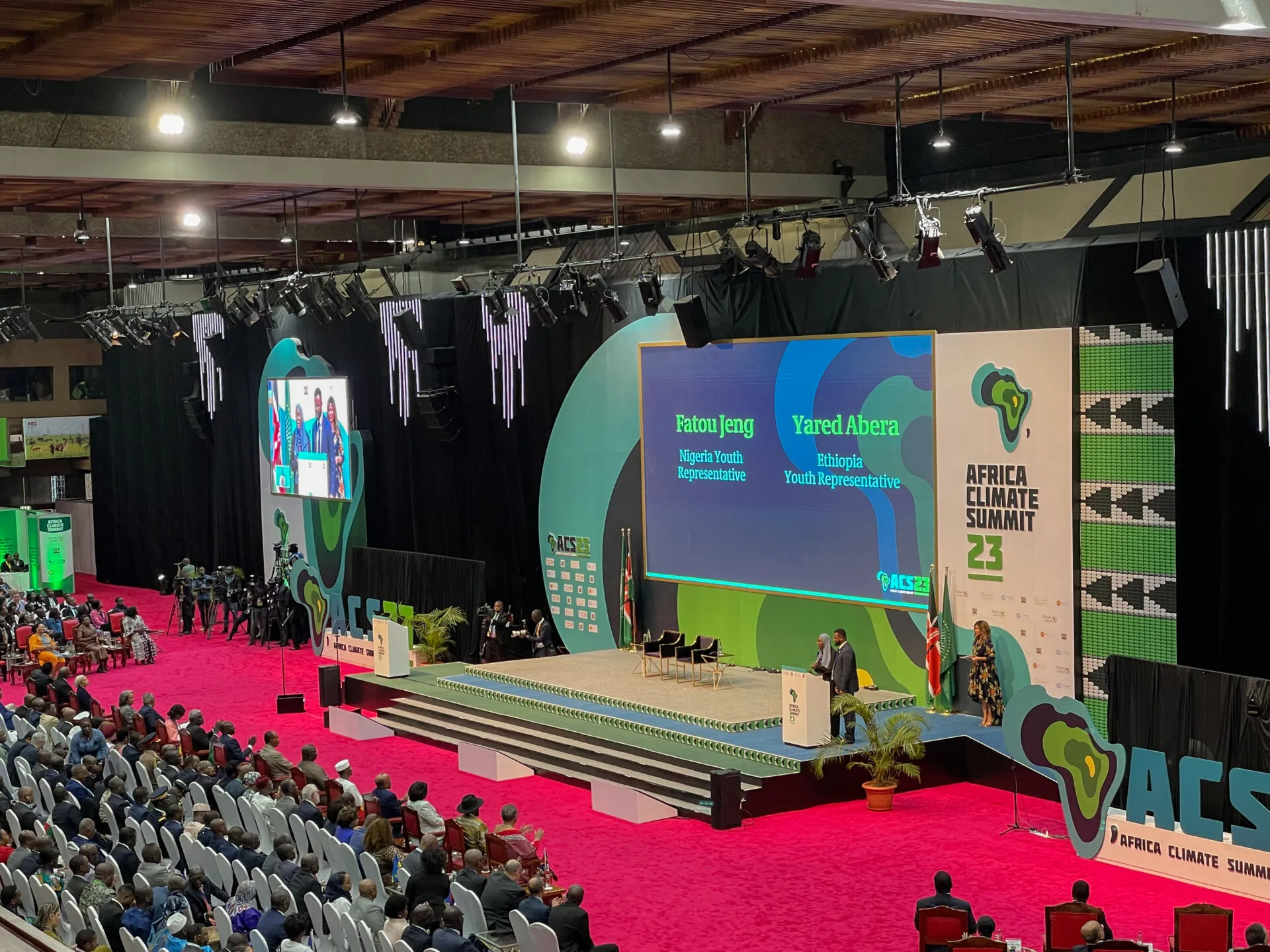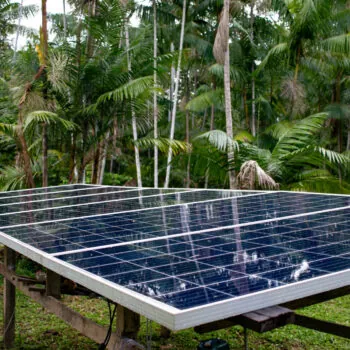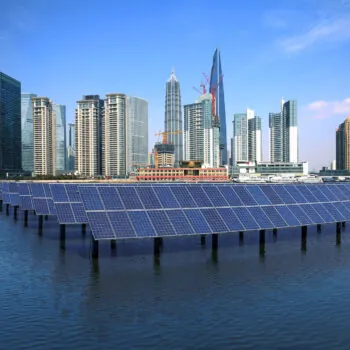Africa holds 39% of the world’s renewable energy potential, yet it has received only 2% of global renewable energy investments in the last two decades. This imbalance is not only unjust – it is a critical failure in the global climate response. As the world gathers for the second Africa Climate Summit (ACS2) in Addis Ababa this September, global stakeholders must step up. This is a pivotal moment to catalyse Africa’s energy future and accelerate collective global climate action.
Multilateral Development Banks (MDBs) such as the African Development Bank (AfDB), the European Investment Bank (EIB), and Asian Infrastructure Investment Bank (AIIB) must deploy the public finance needed to unlock and crowd in private investment, reduce the cost of capital, and support a just transition at the scale required to realise Africa’s clean energy potential.
Africa’s central role in climate action
Africa’s population is growing faster than any other continent and is projected to nearly triple to just under 4 billion by 2100, yet 600 million people on the continent still lack access to electricity. The continent is rich in renewable resources and holds 30% of the world’s critical mineral resources for the global energy transition.
According to the UN’s Energy Transition 2025 report , Africa could produce 10 times its electricity needs by 2040 entirely from renewables. Yet it currently accounts for just 1.5% of global renewable capacity, while investment in Africa’s energy systems fell in 2024.
A financial system failing to deliver for Africa
The international financial system is not delivering clean energy investment to Africa at the pace and scale required. Public finance for Africa’s clean energy transition is severely lacking, while private finance flows lag far behind other regions. Africa’s energy investments are projected to be one-third lower than in 2015, with only 2% of global renewable energy investments directed to the continent over the last two decades, according to the IEA.
Meanwhile, African countries face debt servicing costs double the level of energy investment. Weak capital markets and limited access to concessional finance further compound the problem. These are symptoms of a global financial system that fails to serve African development and, by extension, global climate action.
Public finance as a catalyst, not a crutch
To unlock progress, these systemic barriers must be tackled head-on. Public finance must be more targeted and catalytic. This means focusing on targeted interventions such as concessional finance for regional grid infrastructure, risk guarantees to attract private capital, and direct support for planning and procurement capacity at both national and regional levels.
Well-designed country platforms – nationally led mechanisms that align public, private, and donor finance – also offer a powerful tool for breaking through these barriers. By streamlining donor coordination, building investor confidence, and focusing resources on nationally determined priorities, they can help bridge the gap between ambition and delivery.
Some MDBs are under intense scrutiny to scale back climate programmes, yet now is the time for them to lead, offering innovative financial mechanisms and ensuring Africa has access to affordable, accessible, and concessional finance to build a clean energy future and reduce dependence on fossil fuels.
Building on the Nairobi Declaration, and in the lead-up to ACS2, African governments and actors are also urging high- income countries to honour and scale up their climate finance commitments.
Why global stakeholders should engage with ACS2
ACS2 is not just an African moment – it is a global moment to reset the narrative. Africa is not a passive victim of climate change, but a strategic partner in delivering global solutions.
The continent can pursue novel green industrialisation and growth that strengthens manufacturing and regional value chains, boosts trade, and supports global climate commitments.
Delivering the UAE Consensus goals from COP28 – including tripling renewable energy capacity and double energy efficiency by 2030 as part of a transition away from fossil fuels – will require a transformation in the scale and pace of investment in Africa.
From Addis Ababa to Belém: A test of global commitment
As the diplomatic road moves from Addis Ababa to COP30, ACS2 must send a clear and united message of collective action from both the Global North and Global South. This means measurable finance commitments, stronger African-led platforms, and delivery mechanisms that are well funded, coordinated, and accessible. If Africa is left waiting again, the whole system fails.
A truly just and equitable global energy transition depends on prioritising and properly financing Africa’s clean energy transformation – for Africa’s future and the world.


